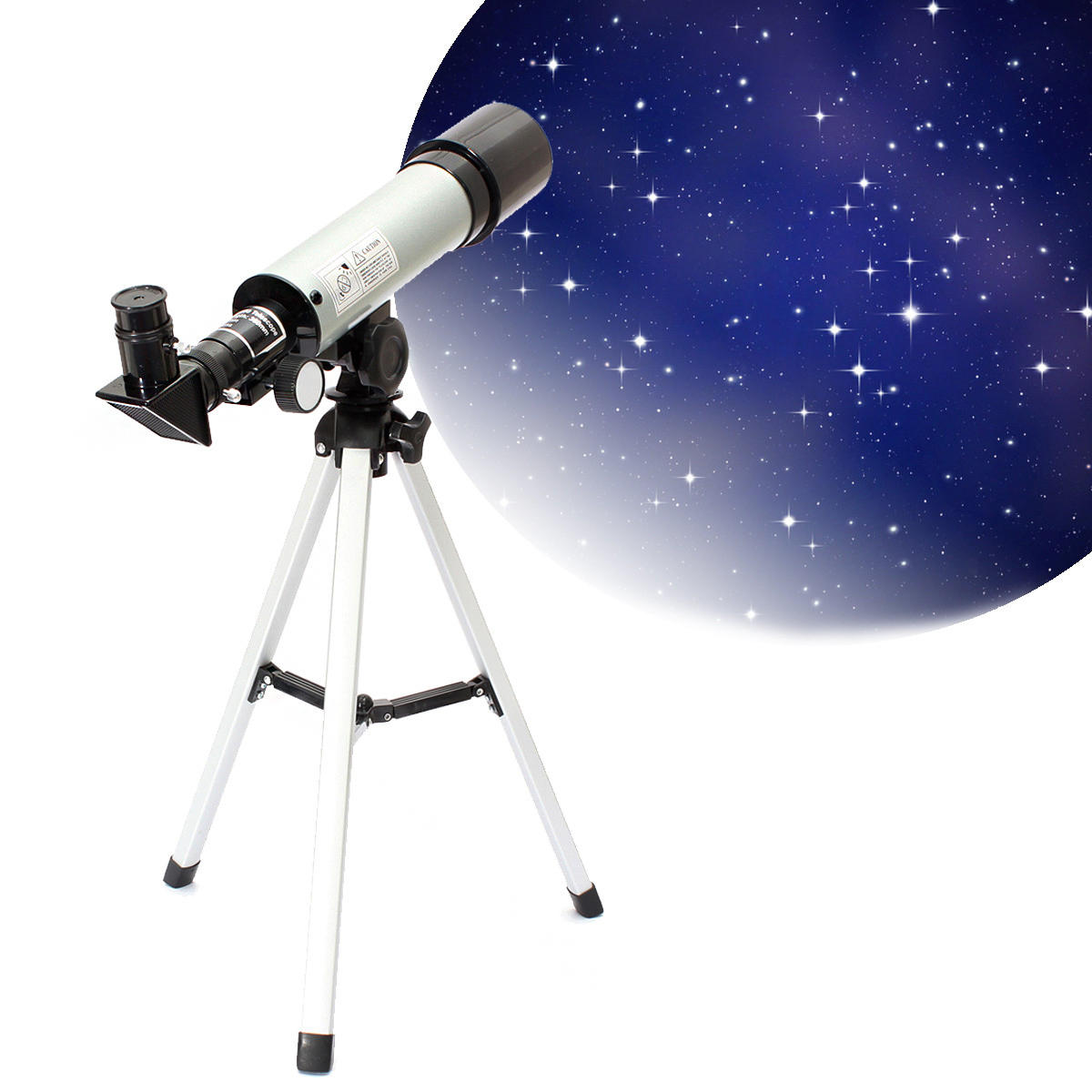This is How to Choose Your First Telescope

Telescope is a mainstream blessing, particularly so during the special seasons. It very well may be a gateway to the universe and give a lifetime of pleasure.
Yet, there's nobody "great" telescope — similarly as there's nothing of the sort as an ideal vehicle. Rather, you ought to pick a telescope dependent on your watching advantages, way of life, and spending plan. Many (apparently most) great starter scopes cost $400 or more, however some heavenly decisions are accessible for under $250.
So here is a manual for assist you with comprehending the "universe" of telescope models accessible today. Furnished with these couple of essential kinds of telescopes, you'll have a smart thought what to search for (and what to maintain a strategic distance from) when scouring the commercial center for your new extension. Get the one that is directly for you!
The telescope you need has two fundamentals: excellent optics and a relentless, easily working mount. And every other thing being equivalent, large extensions show more and are simpler to use than little ones, as we'll see underneath. In any case, don't ignore conveyability and accommodation — the best extension for you is the one you'll really utilize.
3 Types of Things You Must Know
Refractors have a focal point at the front of the cylinder — it's the sort you're presumably generally acquainted with. While for the most part low support, they rapidly get costly as the opening increments. In refractor language, an apochromat offers better optical quality (and is progressively costly) than an achromat of a similar size. Watch an activity of light going through a refractor.
Reflectors assemble light utilizing a mirror at the back of the primary cylinder. For a given gap, these are commonly the most affordable sort, however you'll have to change the optical arrangement from time to time — all the more frequently in the event that you knock it around a great deal — yet that modification (called collimation) is direct. Watch an activity of light going through a reflector.
Compound (or catadioptric) telescopes, which utilize a mix of focal points and mirrors, these types of telescope are best telescope eyepiece for viewing planets offer conservative cylinders and moderately light weight; two well known structures you'll frequently observe are called Schmidt-Cassegrains and Maksutov-Cassegrains.